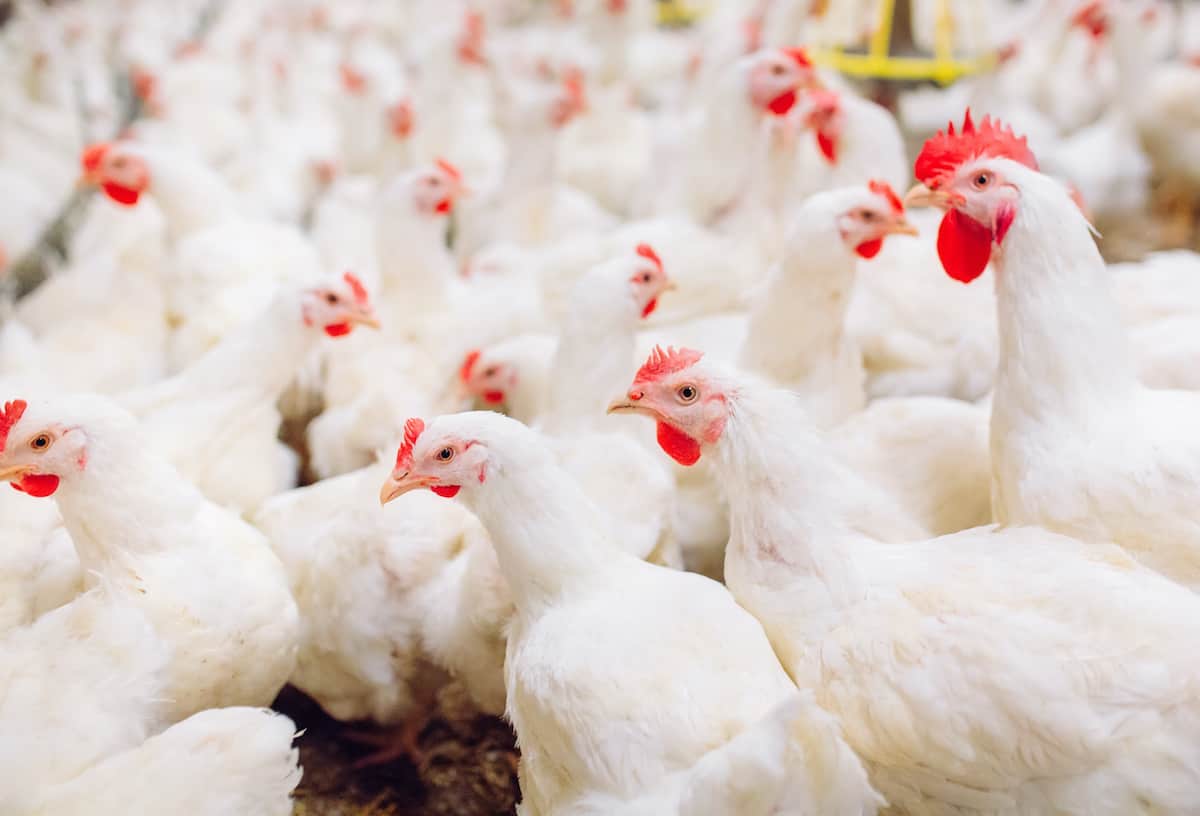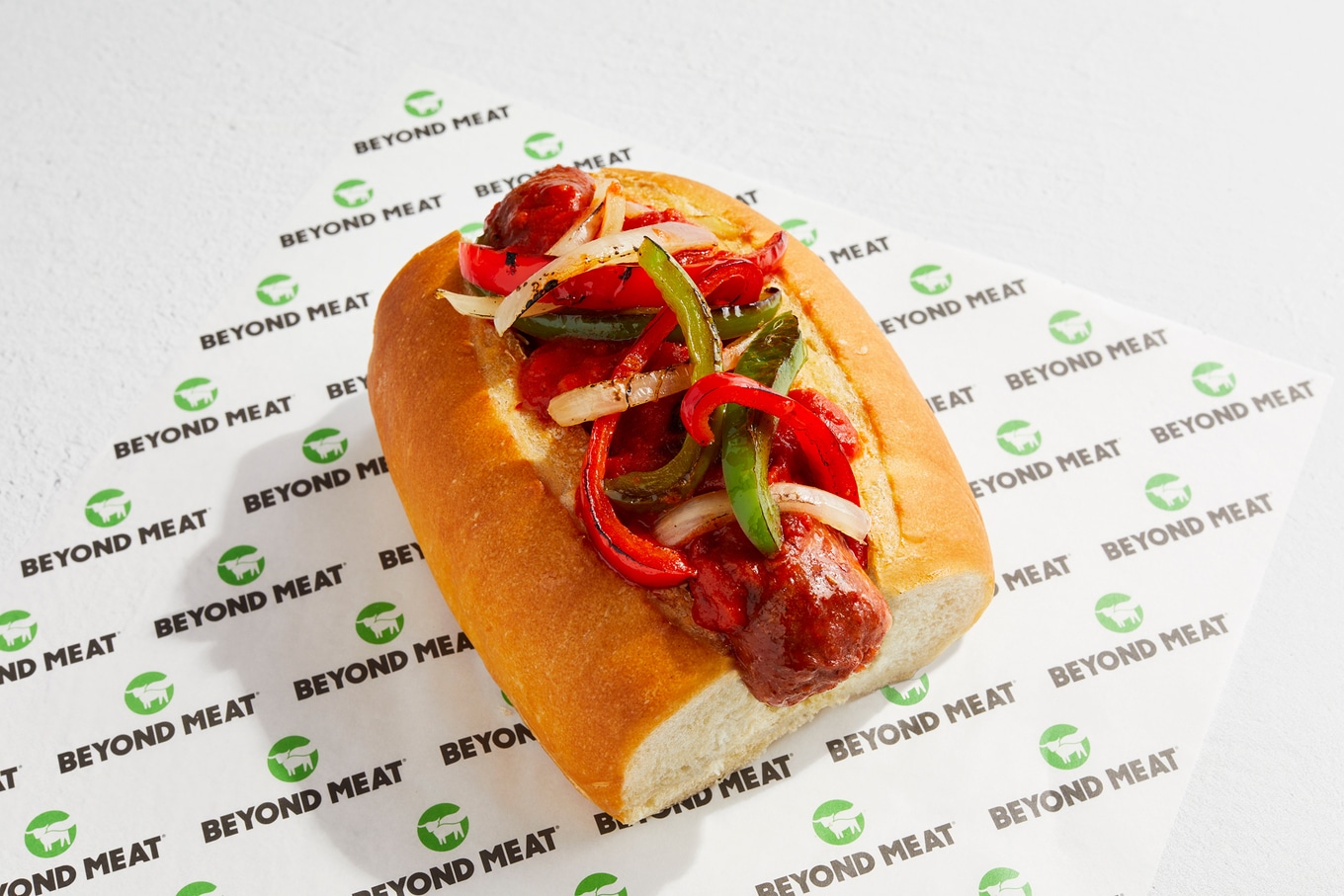Every year, as millions of Americans gather for the Super Bowl, one tradition has become just as iconic as the game itself—chicken wings. More than 1.4 billion wings are consumed on Super Bowl Sunday alone, a staggering number that highlights the deep connection between sports culture and meat consumption. While this tradition may seem harmless, the reality behind it tells a different story, one with significant environmental, ethical, and health consequences that deserve more attention.
How Chicken Wings Became the Super Bowl Staple
The pairing of chicken wings with football was no accident—it was a marketing-driven phenomenon. What was once considered a low-value cut of meat turned into a sports bar favorite, fueled by the rise of deep-fried, sauce-coated flavors that pair well with beer and social gatherings. Over time, advertising and corporate promotions cemented chicken wings as the go-to Super Bowl snack, with major food brands and fast-food chains ensuring they remained a central part of the game-day experience.
The Hidden Impact of This Tradition
However, producing billions of wings for a single event comes at a major cost. Large-scale poultry farming requires massive amounts of land, water, and resources, contributing to deforestation, water pollution, and greenhouse gas emissions. The industry’s rapid expansion to meet demand has led to overcrowded conditions and heavy antibiotic use, raising concerns about food safety and long-term health effects.
The scale of this production also creates significant waste and environmental strain, with runoff from industrial farms polluting waterways and affecting local ecosystems. As awareness grows about the environmental footprint of meat production, it’s worth asking—do we really need to consume such staggering amounts of chicken just to enjoy a football game?
A New Play for Game Day: Plant-Based Alternatives
The good news is that there’s a way to maintain the flavors and textures people love while embracing a more sustainable approach. The rise of plant-based wings, made from seitan, soy, jackfruit, and other ingredients, offers an alternative that delivers the same crispy, flavorful experience—without the environmental impact. Many restaurants and brands are already stepping up, offering delicious, high-quality plant-based options that make the transition seamless.
Imagine if major sports venues, bars, and advertisers started promoting plant-based wings with the same enthusiasm as traditional ones. If influential athletes and teams endorsed these alternatives, the shift could happen faster than we think. Super Bowl parties could still be filled with bold flavors and satisfying snacks, but in a way that aligns with the growing demand for sustainable, plant-based choices.
This isn’t about giving up traditions—it’s about evolving them. The Super Bowl helped build America’s love for chicken wings, and now it has the power to redefine game-day food in a way that’s better for the planet, our health, and the future of food. This year, we challenge you to try something different. Swap in some plant-based wings, explore new flavors, and be part of the shift toward a more sustainable sports culture. The game will still be just as exciting—only now, the future will look a little brighter, too.
Beyond the Super Bowl: The Meat-Sports Connection in American Culture
The Super Bowl and its chicken wing obsession are just one example of how deeply meat consumption is tied to sports culture. Across the country, various sports have long-standing traditions that link athletic performance and fan culture to heavy meat consumption. From barbecue at tailgate parties to protein-loaded diets promoted to athletes, the connection between meat and sports runs deep. But as more people recognize the environmental and health implications of these choices, it’s worth reconsidering these traditions and embracing plant-based alternatives.
Baseball and the Hot Dog Tradition
Few foods are as synonymous with baseball as the hot dog. Each season, over 19 million hot dogs are consumed at Major League Baseball stadiums, making it a staple for fans. The marketing behind this tradition dates back more than a century, when ballparks began selling cheap, easy-to-eat foods that could be enjoyed from the stands. However, the reality of processed meats like hot dogs raises serious concerns. Studies have linked processed meat consumption to increased risks of heart disease, cancer, and other health issues, and the environmental impact of pork and beef production is significant.
Now, many stadiums are beginning to introduce plant-based hot dogs, offering fans a familiar experience without the negative effects. Companies like Beyond Meat and Impossible Foods have developed plant-based sausages that provide the same smoky, savory flavors, proving that enjoying a baseball game doesn’t have to come at a cost to health or sustainability.
Tailgating, Barbecue, and Football Culture
Football season extends far beyond the Super Bowl, with tailgating culture playing a major role in the experience. Grilling burgers, ribs, and sausages in stadium parking lots before a big game has been an American tradition for decades, reinforcing the association between meat and sports fandom. The massive carbon footprint of beef production, combined with its high water and land use, makes tailgating a particularly unsustainable tradition.
But times are changing. As plant-based meats improve, more fans are grilling vegan burgers, sausages, and skewers at tailgate parties, proving that the experience of cooking over an open flame doesn’t require animal products. Some stadiums and teams have even begun promoting plant-based options, a trend that could help reshape how fans eat while supporting their teams.
The “Protein Myth” in Fitness and Competitive Sports
Beyond what fans eat, athletes themselves have long been pushed toward heavy meat consumption as a necessary component of training. The idea that animal protein is required for strength and endurance has been widely promoted by sports nutritionists, fitness brands, and food companies. However, a growing number of elite athletes are proving this notion wrong.
Plant-based athletes like Tennis star Venus Williams, NFL quarterback Cam Newton, and heavyweight champion Mike Tyson have all demonstrated that peak performance is not only possible but enhanced by plant-based diets. Documentaries like The Game Changers have further dispelled the myth that meat is necessary for athletic success, showcasing how a plant-based diet can lead to better endurance, faster recovery times, and reduced inflammation.
Redefining the Connection Between Sports and Food
The link between sports and meat consumption was largely manufactured through marketing, and now we have the opportunity to reshape it. By promoting plant-based options at stadiums, integrating alternative proteins into tailgate culture, and highlighting plant-based athletes, we can create a future where sports culture no longer depends on unsustainable food traditions.
Next time you watch a game, whether it’s football, baseball, or basketball, consider making the switch. Choose plant-based wings, opt for a veggie burger, or support companies working to make sports culture more sustainable. These small changes add up, helping us move toward a world where sports and sustainability go hand in hand.
The sports industry has the power to influence food culture. Let’s make sure it leads us toward a healthier, more sustainable future.




